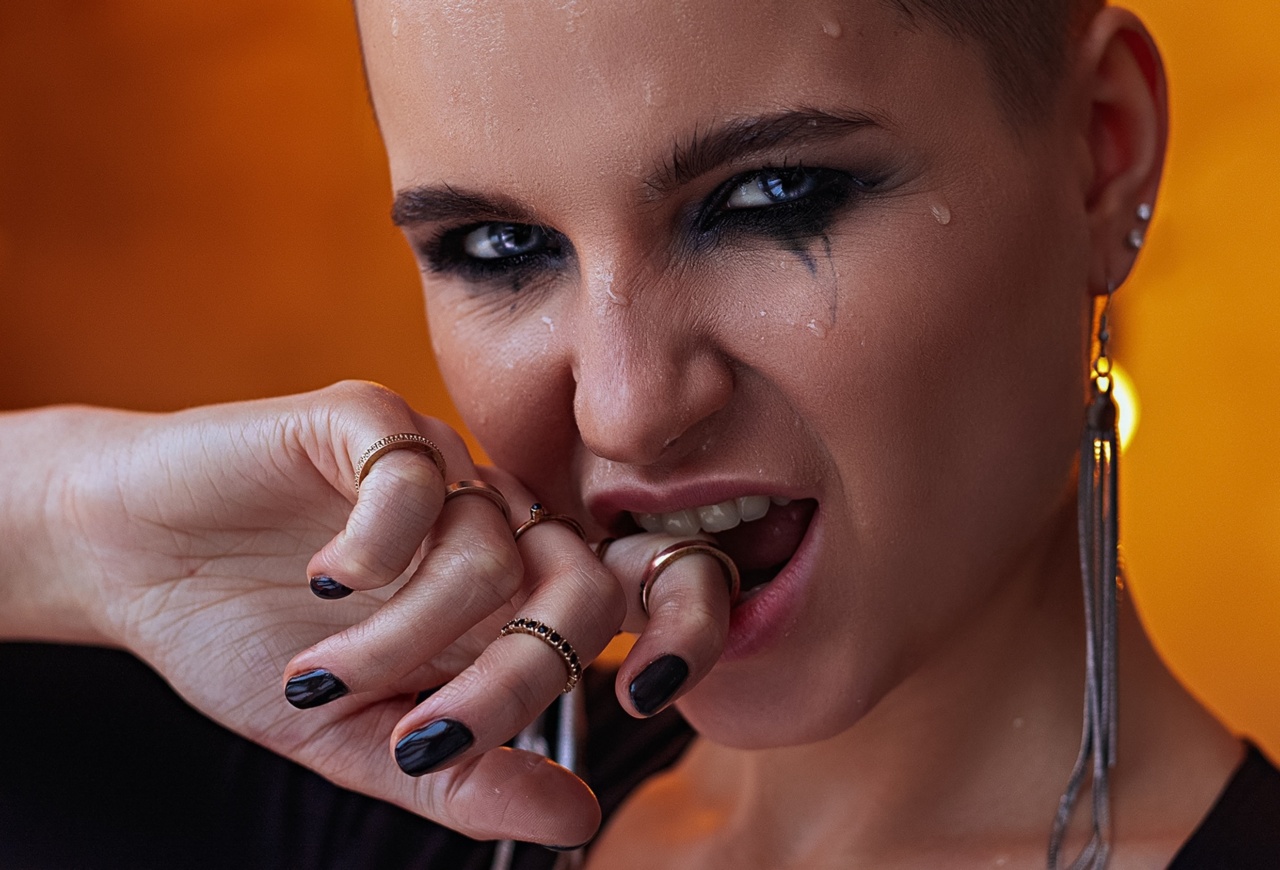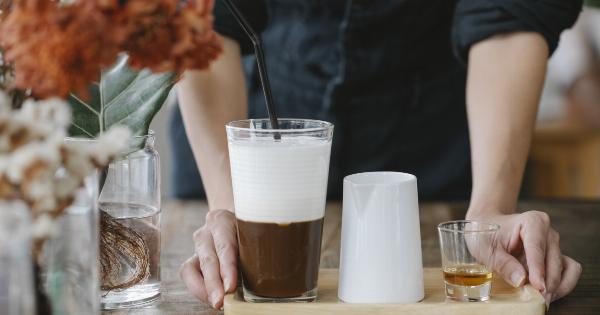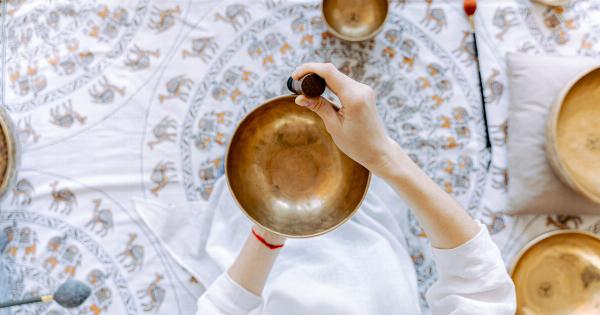Nail biting, also known as onychophagia, is a common habit that affects millions of people around the world. It is often seen as a harmless habit, but in reality, it can have more significant consequences on your health and wellbeing than you realize.
In this article, we will explore the hidden dangers of nail biting and the seven risks you need to know:.
1. Damage to Teeth
One of the most common risks of nail-biting is damaging your teeth. When you bite your nails, you put a lot of pressure on your front teeth, which can lead to chips, cracks, and even tooth loss.
Additionally, constantly putting your fingers in your mouth can lead to an increased risk of tooth decay and gum disease.
2. Spread of Germs
Another significant risk associated with nail-biting is the spread of germs. Your nails are a breeding ground for bacteria and other harmful pathogens.
When you bite your nails, you introduce these germs into your mouth, which can lead to infections and even illnesses.
3. Skin Damage
When you bite your nails, you not only damage your nails, but you can also damage the skin around your nails. Over time, this habitual behavior can lead to swelling, redness, bleeding, and even infections.
Additionally, if you have a wound on your hand, nail-biting can delay the healing process and increase the risk of infection.
4. Psychological Effects
Nail-biting can also have a significant impact on your mental health. It is often seen as a symptom of anxiety, stress, or other underlying emotional issues.
Additionally, the habit can be both embarrassing and socially isolating, which can lead to low self-esteem and depression.
5. Nail Infections
When you bite your nails, you break the skin barrier, which can lead to a higher risk of infection. Nail infections can be painful, unsightly, and difficult to treat. They can also lead to permanent nail damage and skin scarring.
6. Ingrown Nails
Another risk associated with nail-biting is ingrown nails. This painful condition occurs when the edge of the nail grows into the skin, causing redness, swelling, and even pus.
Ingrown nails can be very uncomfortable and can even require medical treatment in severe cases.
7. Continued Nail Biting Habits
Finally, the biggest risk associated with nail-biting is the habit itself. Nail-biting is a habitual behavior, which means it can be challenging to break.
If left untreated, the habit can become ingrained, leading to further health problems and negative impacts on your mental health and wellbeing.
In conclusion, nail-biting is a habit that is often seen as harmless. However, as we have seen in this article, it can have significant consequences on your health and wellbeing.
From tooth damage to the spread of germs, nail-biting is not a habit that should be ignored. If you struggle with nail-biting, it is essential to speak with your doctor or a mental health professional about treatment options and ways to break the habit.






























